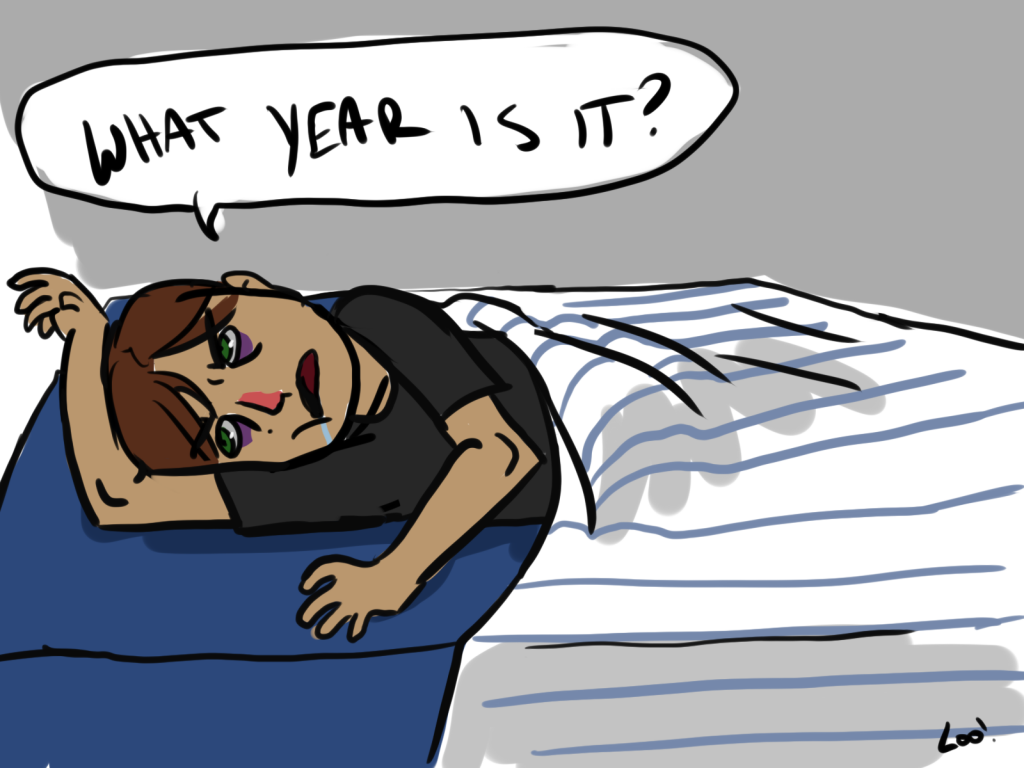 For seasoned travellers, jet lag is an unpleasant but often unavoidable experience.
For seasoned travellers, jet lag is an unpleasant but often unavoidable experience.
It can cause disturbed sleep patterns, poor concentration, confusion, hunger at inappropriate times or lack of appetite,irritability, weakness and disorientation.
It occurs when your normal body clock is disrupted by traveling through several time zones and experiences daylight at what it considers to be the wrong time. And it can take several days before you feel yourself again.
There are a few ways to make it a little easier though. Here are some top tips to help you fight jet lag:
Before you travel…
Top up your sleep. Make sure you’re fully rested before you travel. If you're flying overnight and can get a bit of sleep on the flight, it will also help you to stay up until night time once you arrive at your destination.
Change your routine.
A few days before you travel, change your sleeping and eating times to coincide with your destination. Start getting up and going to bed earlier (if you’re traveling east) or later (if you’re traveling west).
During your journey…
Keep hydrated.
Dehydration can intensify the effects of jet lag, especially after sitting in a dry aeroplane cabin for many hours. Drink lots of water and avoid alcoholic and caffeinated drinks, which can disturb sleep.Also, take some moisturizer, lip balm, and a hydrating spray for your face.
Prepare for good sleep.
During your flight, try to create the right conditions for sleep. If you can afford to fly business or first class, this will help, as being able to recline your seat fully will be beneficial. If you can't, opt for a window seat and bring enough padding to prop yourself up against the wall of the aircraft. Eye shades and earplugs may also help you.
Use remedies carefully. Many airline staff take melatonin to fight jet lag. It’s a hormone formed by the body at night or in darkness and research suggests that the body uses it to set its time clock. Taking it at bedtime could help reset your body clock and make you feel better faster. For a natural super food source of melatonin try cherries to stave off the jet lag.
Once you’ve arrived…
Structure your sleep.Try to get as much sleep in every 24 hours as you normally would. 
Unless you arrive at your destination at night and reasonably close to a normal bedtime, don't go to sleep as soon as you reach your hotel. No napping either - a short nap could turn into a very long one if you’re not careful!
Get some natural light.
The cycle of light and dark is one of the most important factors in setting the body's internal clock. Exposure to daylight at the destination will usually help you adapt to the new time zone faster so get outdoors until it’s bedtime!







